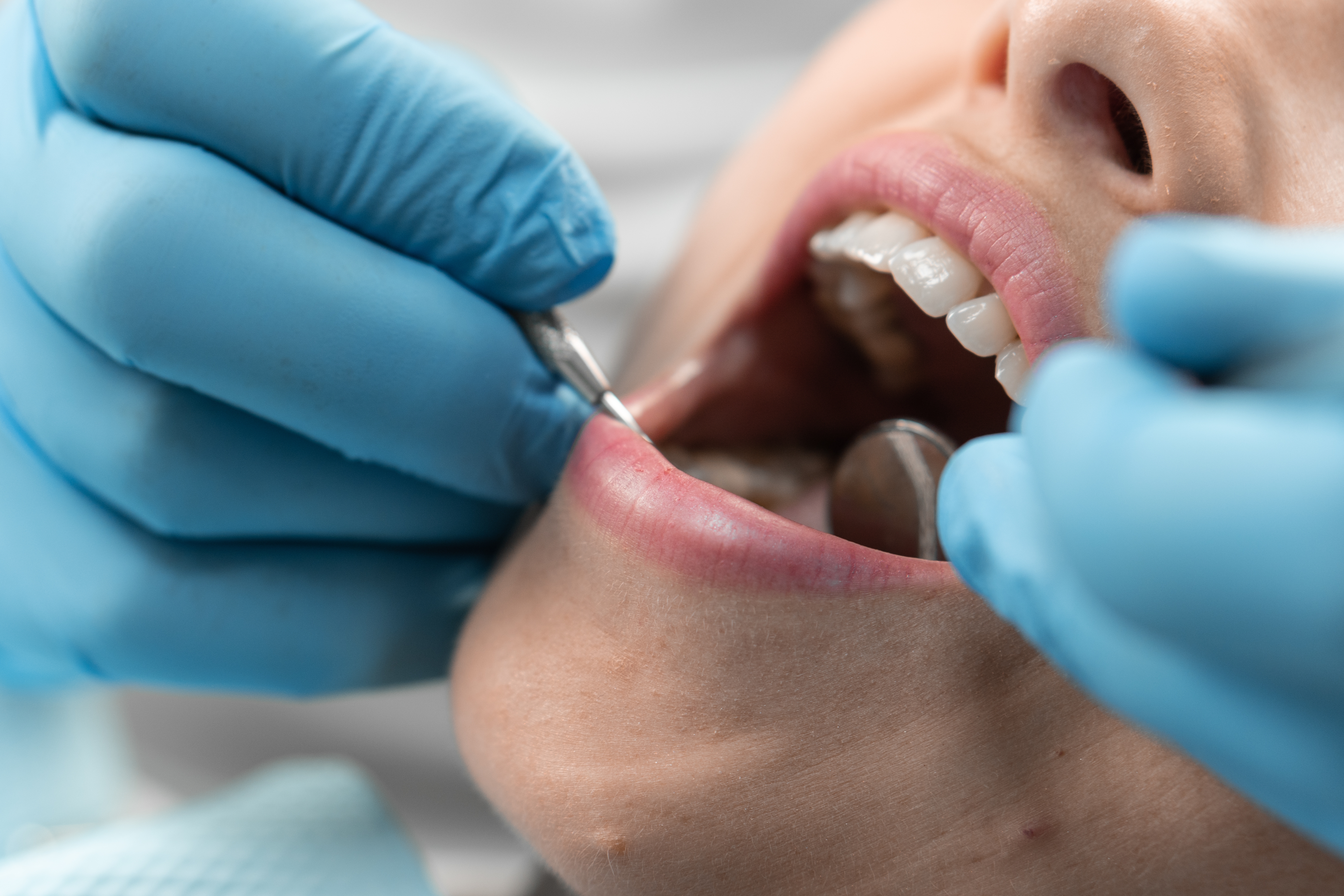
(Vienna, 24-04-2025) Oral mucositis (OM) is an inflammation of the oral mucosa and is a common complication in patients following allogeneic stem cell transplantation. Although the percentage of those affected is around 76 percent, there are currently no strategies for risk assessment. A research team at MedUni Vienna has now comprehensively and systematically analysed the already known link between oral health and the risk of OM for the first time. The results, published in the specialist journal "Cytotherapy", show that good dental health prior to transplantation is a potentially effective measure for preventing OM.
Allogeneic haematopoietic stem cell transplantation (allo-HSCT) is a potentially curative therapy for diseases of the blood and bone marrow, but its widespread use is limited by serious side effects. Patients are usually pretreated with high-dose chemotherapy and/or radiotherapy, both to eliminate tumour cells as completely as possible in malignant diseases and to suppress the immune system and prevent donor-versus-host reactions. Oral mucositis with accompanying ulcerative lesions of the oral cavity is a severe, often dose-limiting side effect. Scientific literature reports that nearly 100 percent of patients develop a clinically relevant form of oral mucositis after radiation therapy for head and neck tumours, and the percentage is around 76 percent after stem cell transplantation.
Despite the high incidence of OM in transplant recipients, there are no effective strategies for risk assessment. "Our aim was to identify risk factors for the development of OM and to assess the importance of oral health prior to allo-HSCT," said corresponding first author Johanna Strobl (Department of Dermatology, MedUni Vienna). The research team conducted a retrospective analysis of 242 adult patients who underwent allo-HSCT, recording the occurrence and severity of OM using the World Health Organisation scale. In addition, a radiological assessment score was introduced to measure dental damage and restoration status in patients undergoing HSCT.
"In the investigated cohort, more than 50 percent of patients developed clinically significant OM with a moderate severity," Strobl reports from the research paper. Furthermore, the severity of OM correlated with the total body radiation dose. Among the 61 patients who received dental treatment prior to HSCT, a significantly higher proportion developed OM (93.2 percent). In addition, the researchers observed that more severe dental damage prior to transplantation was associated with more severe OM.
"Overall, our study underscores the importance of dental health prior to transplantation for assessing the risk of OM in HSCT recipients and highlights the urgent need for further research in this area," says Johanna Strobl, summarising the relevance of the findings.
Publication: Cytotherapy
Dental health, conditioning and oral mucositis in allogeneic hematopoietic stem cell transplantation: a single-center study
Johanna Strobl, Nadine Ballicas, Benjamin Wachter, Maurizio Revertera, Hanna Knaus, Philipp Wohlfarth, Werner Rabitsch, Ulrike Kuchler, Georg Hopfinger.
https://doi.org/10.1016/j.jcyt.2025.03.005